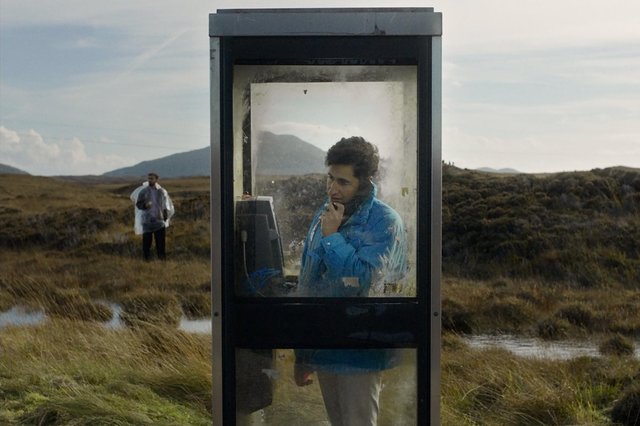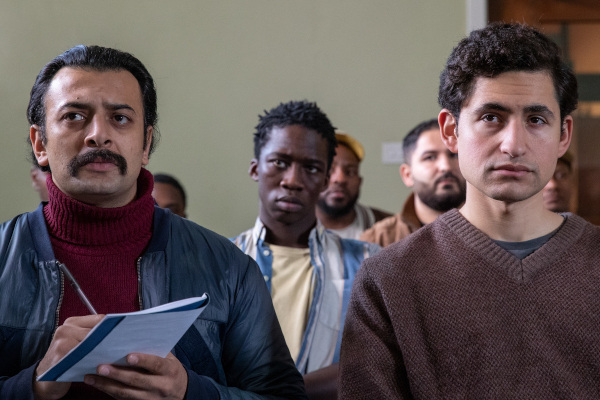Personally I have avoided going to the cinema for about 15 months, but recently I have been 3 times. First I checked the ticket uptake then the measures taken by the cinema, then the time of day so the audience would be mostly older, careful people. It has worked really well, and I have felt safe.
But it is a strange experience, wanting to be away from people but with them.
Luckily for me I picked three great films: ‘Trufflehunters’ about isolated, elderly male villagers in Italy, close to nature and their dogs. This showed the movement of big business and middlemen into their domain. Then the documentary ‘Summer of Soul’ about a festival in 1969 in Harlem, with some of the greatest artists of Soul, Gospel, Blues and Jazz. This film was thoroughly political, a year after Martin Luther King’s assassination, which had been followed by national uprisings. It was at the time of the moon landing. I think it is a great view of the rise of Black Power and the Panthers, well worth a view for music and politics.
The best for me was the latest, Limbo.
This film is about a small group of asylum seekers, who have been dumped on a small Scottish island, whilst their claims are slowly processed.
Using this device the director shows us the state of the world, through the interactions of a small number of people. The participants all come from different countries, but they all feel the racism of the state and also from some of the community. They all see the surrounding sea that has shaped their coming there as a menace. They also all see the pointlessness of their ‘cultural awareness’ training.
There are also tensions amongst them. The gay Afghani refugee has a great love of chickens and he takes the Syrian refugee, who is the main focus of the film, to a chicken farm. He explains that chickens often fight with other chickens, who they feel are invading their group. But he says the fox doesn’t differentiate, he will eat all chickens.

We get the stories of the Ghanaian and the Nigerian, who would normally be in conflict, but have been thrown together by a Mediterranean crossing. The Nigerian saved the Ghanaian from drowning, but others died. The Afghan, who is a Freddie Mercury fan can’t go back because he is gay. Omar, the Syrian, who is an Oud player with a damaged hand has a series of phone calls to his mother. This has to be in a telephone booth, because there is no mobile reception. The booth is a long walk from their lodgings.
Omar’s mother and father are in Istanbul, and are having a hard time, because the authorities don’t want refugees. The calls are mainly about his brother who stayed behind to fight Assad. Omar thinks they wanted him to stay as well and become a hero, a martyr. In this little scenario all the problems for Syrian refugees are exposed.

Interspersed is the exposure of the world that created this situation. Border guards arrived even with one person granted asylum. There is tragedy as well.
The director manages to produce several funny scenes: during the language training, in the local shop, in Omar’s discussing a menu with his mum, and a beautiful oud scene.
This is a wonderful movie because the director clearly has seen it as a labour of love. No wonder it has won many awards. You would be rewarded by going.
Art Book Review Books Capitalism China Climate Emergency Conservative Government Conservative Party COVID-19 Creeping Fascism Economics EcoSocialism Elections Europe Event Video Far-Right Fascism Film Film Review France Gaza Global Police State History Imperialism Israel Italy Keir Starmer Labour Party London Long Read Marxism Marxist Theory Migrants NATO Palestine pandemic Protest Russia Solidarity Statement Trade Unionism Trans*Mission Ukraine United States of America War

